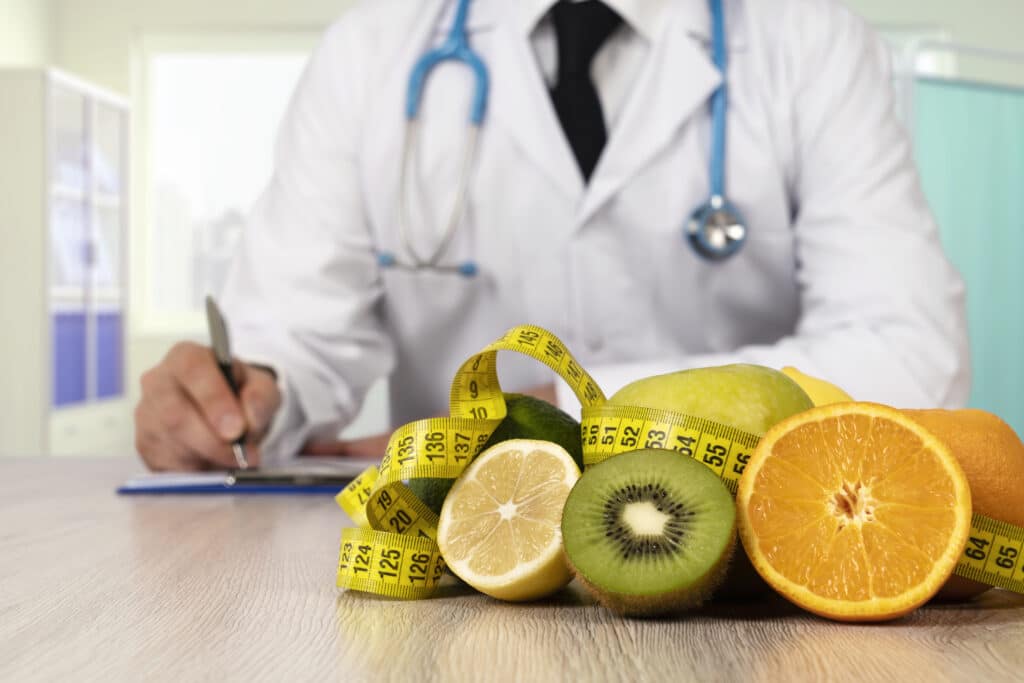Menu
Close
- About
- Rehab Programs
- Substance Abuse Treatment
- Alcohol Addiction Treatment
- Benzo Addiction Treatment
- Opiate Addiction Treatment
- Xanax Addiction Treatment
- Addiction Therapy
- Cognitive Behavioral Therapy (CBT) Denver
- Dialectical Behavior Therapy (DBT) Denver
- EMDR Therapy Denver
- Adventure Therapy
- Equine Therapy
- Relapse Prevention Therapy Colorado
- Group Therapy Denver
- Acceptance &Commitment Therapy (ACT) Denver
- Person-Centered Therapy
- Experiential Therapy
- Motivational Enhancement Therapy In Denver, Colorado
- Psychotherapy
- Nutrition Education Program
- Insurance Verification
- Contact Us
- Blog
- About
- Rehab Programs
- Substance Abuse Treatment
- Alcohol Addiction Treatment
- Benzo Addiction Treatment
- Opiate Addiction Treatment
- Xanax Addiction Treatment
- Addiction Therapy
- Cognitive Behavioral Therapy (CBT) Denver
- Dialectical Behavior Therapy (DBT) Denver
- EMDR Therapy Denver
- Adventure Therapy
- Equine Therapy
- Relapse Prevention Therapy Colorado
- Group Therapy Denver
- Acceptance &Commitment Therapy (ACT) Denver
- Person-Centered Therapy
- Experiential Therapy
- Motivational Enhancement Therapy In Denver, Colorado
- Psychotherapy
- Nutrition Education Program
- Insurance Verification
- Contact Us
- Blog


